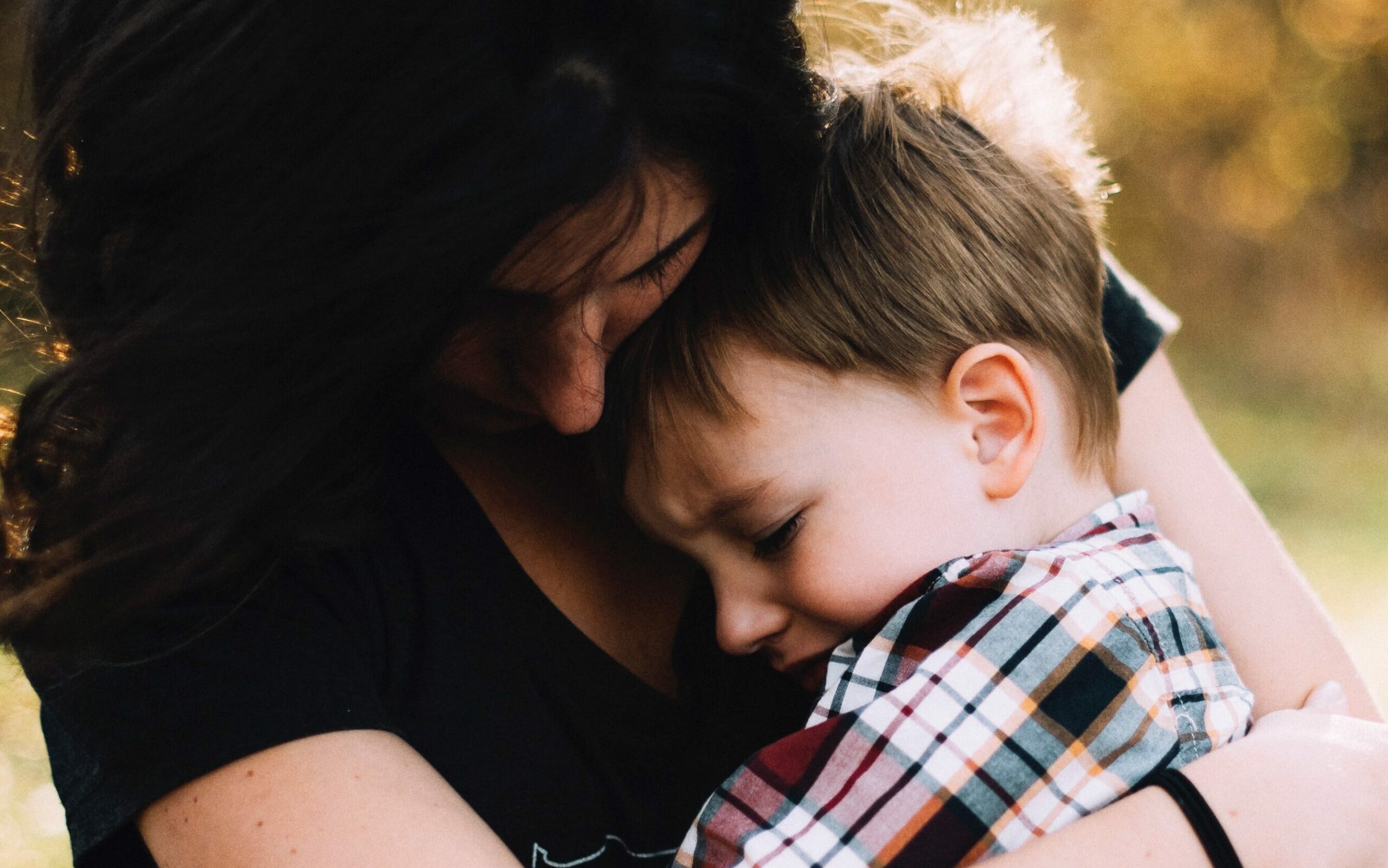How Addiction Affects Families

One of the most well-known sayings in recovery spaces is “Addiction is a family disease”. This basically means that an individual’s addiction effects not only themselves, but all the people around them as well. When someone is trapped by substance use it becomes impossible to see that they are causing pain to the people around them. Families are caused a great deal of pain by an individual’s substance use.
How Addiction and Substance Use Affects Families
Substance abuse and addiction can affect the family in many different ways. Approximately 1 in 10 children live with someone that struggles with substance abuse. Research involving these families has shown that this can have strong influences on a child’s development and make them more likely to deal with emotional, behavioral, and substance abuse problems. Families that deal with substance abuse also tend to foster environments of secrecy, neglect, abuse, and emotional turmoil (Lander et al., 2013).
When a parent is more involved with the getting and using of substances or with dealing with withdrawal or consequences of their substance use then they tend to ignore the needs of their children. When a child does not develop a healthy attachment style then they are more susceptible to things like mental illness and substance abuse (Lander et al., 2013).
There is a number of things that can influence how a family will handle one of its members dealing with substance abuse, whether it is a parent or an adolescent child. One of these things can be the family’s beliefs on substance abuse. If a family believes that an individual can just stop using whenever they want and they are just choosing to keep using substances, this can have a serious negative impact on an individual’s recovery. Sometimes it takes therapy for the entire family in order to educate them and the individual dealing with substance abuse on what addiction really is and how they are all responsible to help with the individuals recovery. When just one person changes their beliefs or behavior it can have a profound effect on the family (Lander et al., 2013).

How Addiction and Substance Use in Families Affects Children
Children that are exposed to one or both parents dealing with substance abuse are significantly more likely to develop these substance abuse problems in the future than children who are not. Witnessing a parent dealing with substance abuse can also have many other effects on children. Things such as the inability to form trusting relationships, being too emotionally responsible, or taking on “adult” roles. All of these are burdens that children should not have to deal with. Have you ever met someone that appears to be quite older than they truly are? This person could be someone that grew up in a home where substance abuse was present and by stepping into these parental roles, typically for their siblings, has caused them to “grow up” too quickly. These things can lead to children dealing with all sorts of problems that are external and many that are internalized. Some examples of this are things like emotional outbursts, stealing, anger, anxiety, depression, and substance abuse (Lander et al., 2013).
When a parent is dealing with substance abuse, they are 300% more likely to physically or sexually abuse their children. Consequently, these children are 50% more likely to be arrested as teenagers and 40% more likely to commit violent crimes (Lander et al., 2013).
Sources For More Information
This page provides impactful information about addiction and substance use and their effect on families. It touches on many theories and specific consequences that can occur as a result of addiction in the household.
In this video Brennan Harlow talks about his personal experience in learning that his uncle is dealing with substance abuse by his two younger cousins who he rarely sees coming to live with him. Brennan speaks about how hard it was to learn about this and how hard it was to watch how one person’s addiction affected every member of his family. He talks about how desensitized to it he became and how his story is not unique but affects people all over the world (TEDxTalks, 2017).
Lander, L., Howsare, J., & Byrne, M. (2013). The impact of Substance Use Disorders on families and children: From theory to practice. Social work in public health. https://www.ncbi.nlm.nih.gov/pmc/articles/PMC3725219/
TEDxTalks. (2017, December 11). The ripple effect of addiction | Brennan Harlow | TEDxDayton [Video]. YouTube. https://www.youtube.com/watch?v=6AqjvLAGEQQ